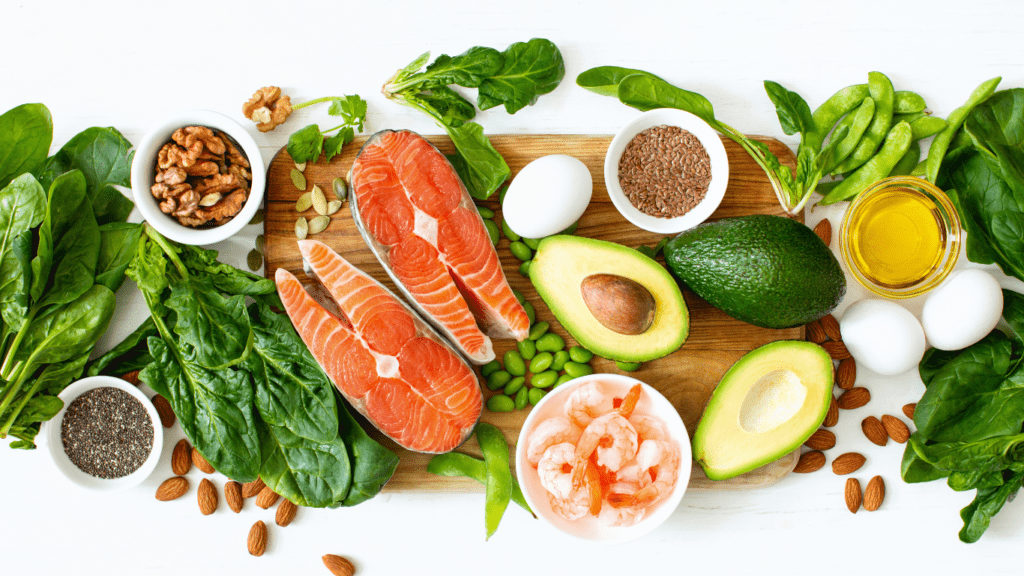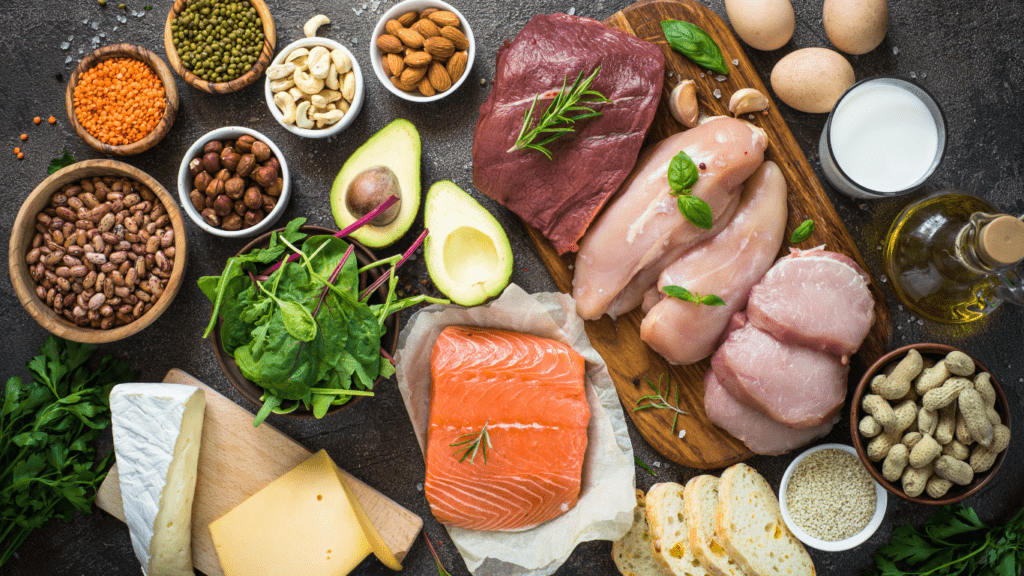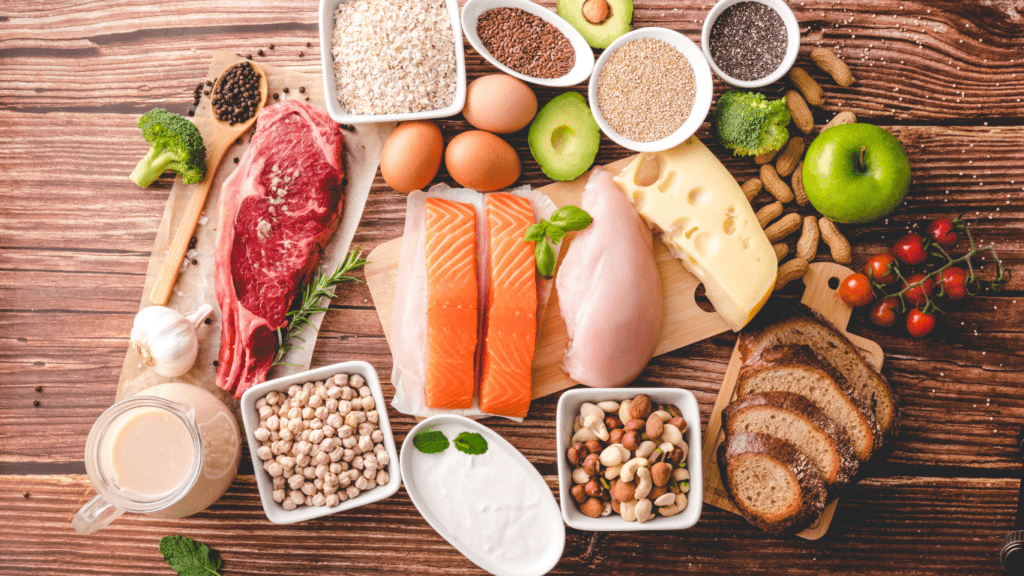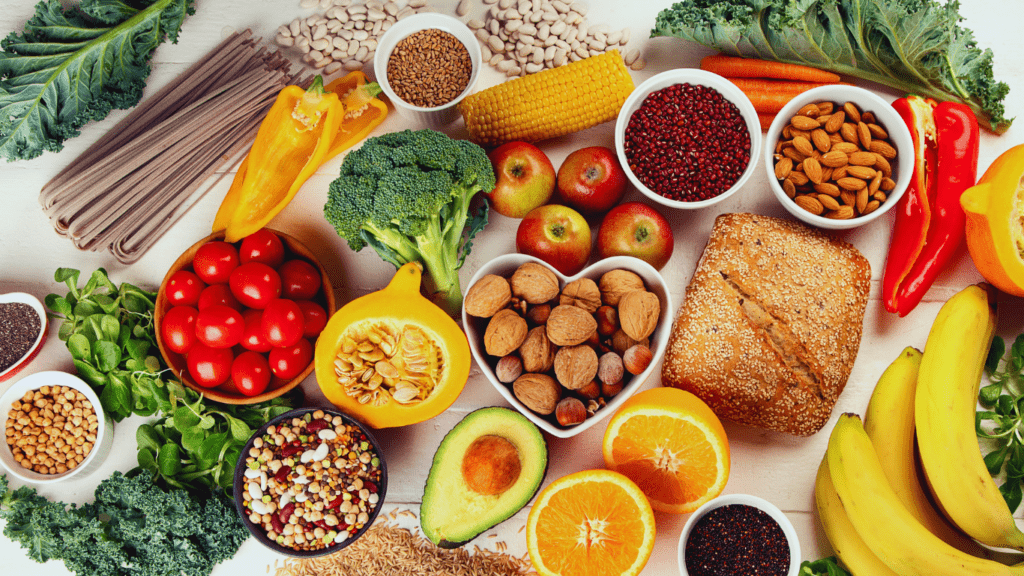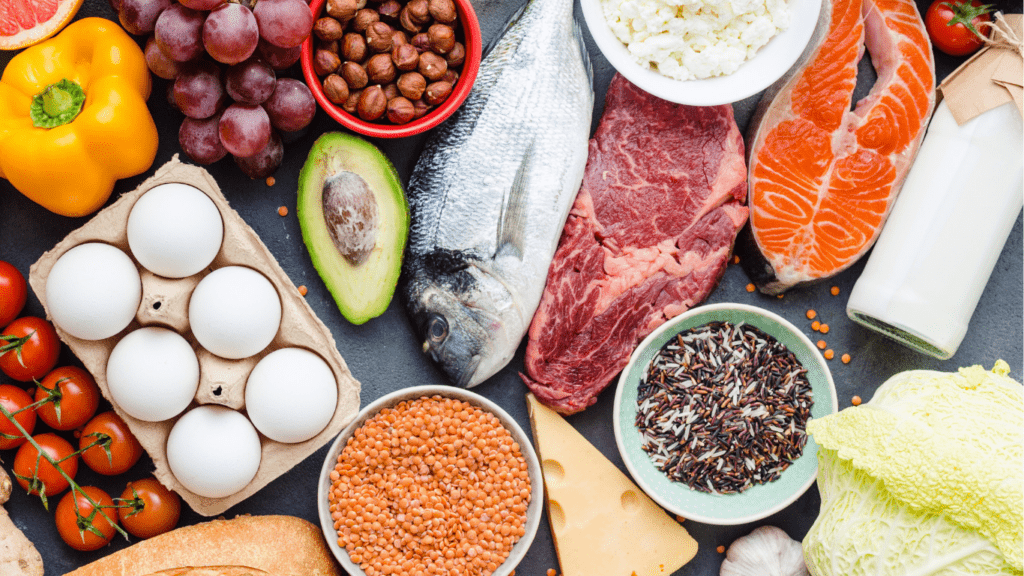Staying focused in today’s fast-paced world can feel like an uphill battle. Between endless notifications and daily stress, it’s easy for our minds to wander. I’ve found that what we eat plays a huge role in how sharp and attentive we feel throughout the day. That’s where functional foods come in.
Understanding Functional Foods
Functional foods bridge the gap between nutrition and health by offering benefits beyond basic dietary needs. These foods directly influence brain health, making them vital for enhancing focus.
What Are Functional Foods?
Functional foods include natural or fortified products that offer health benefits due to bioactive compounds. Examples include fatty fish high in omega-3s, leafy greens rich in antioxidants, and whole grains that balance blood sugar levels. Unlike regular foods, they target specific bodily functions, like improving neurotransmitter activity or reducing oxidative stress.
Benefits of Functional Foods for Cognitive Health
Functional foods support brain performance by:
- improving memory
- attention
- mental clarity
Omega-3 fatty acids, found in salmon and walnuts, enhance neuronal communication. Antioxidants in berries protect the brain from oxidative damage, which is linked to cognitive decline. Nutrients like magnesium and B vitamins, present in leafy vegetables and seeds, improve energy metabolism in brain cells. They collectively optimize the brain’s ability to maintain focus under various conditions.
Key Nutrients for Focus and Brain Function
Nutrients play a critical role in supporting focus and brain function. Specific compounds found in food enhance cognitive performance, improving memory, attention, and mental clarity.
Omega-3 Fatty Acids
- Omega-3 fatty acids are essential for brain health and function.
- DHA (docosahexaenoic acid) is a major structural component of the brain, helping maintain neuronal health and communication.
- EPA (eicosapentaenoic acid) has anti-inflammatory properties that support mental clarity.
- I include fatty fish like salmon, mackerel, and sardines in my diet as they’re rich in omega-3s.
- For plant-based options, walnuts, chia seeds, and flaxseeds provide alpha-linolenic acid (ALA), converted to DHA and EPA, though less efficiently.
Antioxidants and Polyphenols
Antioxidants and polyphenols combat oxidative stress and inflammation, which impair focus and cognitive abilities. Flavonoids found in berries, for example, promote blood flow to the brain and improve memory.
I eat blueberries, blackberries, and dark chocolate to leverage their antioxidant capacity. Green tea contains epigallocatechin gallate (EGCG), a polyphenol known for its neuroprotective and focus-enhancing effects.
B Vitamins and Their Role
B vitamins are vital for brain energy metabolism, neurotransmitter production, and cognitive regulation. Vitamin B6 supports serotonin and dopamine synthesis, while B12 and folate prevent neurological decline.
Foods like eggs, leafy greens, and fortified cereals provide ample B vitamins. I also consume legumes, such as lentils and chickpeas, as excellent vegetarian sources of folate.
Top Functional Foods to Improve Focus

Certain functional foods directly support brain function, enhancing focus, memory, and mental clarity by delivering key nutrients. Incorporating these options into your diet can positively impact cognitive performance.
Fatty Fish and Brain Health
Fatty fish like salmon, mackerel, and sardines offer high concentrations of omega-3 fatty acids, including DHA and EPA. These compounds support neuronal communication, reduce inflammation, and promote plasticity in the brain. Consuming two 3.5-ounce servings of fatty fish weekly provides these critical nutrients, aiding sharper focus and mental clarity.
Nuts and Seeds for Cognitive Support
Nuts and seeds, such as walnuts, almonds, flaxseeds, and chia seeds, supply a mix of healthy fats, antioxidants, and essential nutrients. Walnuts, rich in alpha-linolenic acid (ALA), enhance brain function, while sunflower seeds provide vitamin E, which protects against cognitive decline. A daily 1-ounce serving of these snacks supports sustained focus and energy.
Berries for Memory and Concentration
Berries like blueberries, strawberries, and blackberries are rich in flavonoids and antioxidants. These compounds improve neuronal connections and enhance blood flow to the brain, strengthening memory retention and attention span. Including one cup of fresh or frozen berries in meals or snacks optimizes cognitive performance over time.
Dark Chocolate as a Natural Brain Booster
Dark chocolate with at least 70% cocoa contains flavonoids that improve focus and brain function. These bioactive compounds enhance mood, increase alertness, and stimulate blood flow to brain regions associated with learning and memory. A square (around 20-30 grams) of dark chocolate provides cognitive benefits without excessive sugar or fat.
Green Tea and Its Effects on Focus
Green tea contains L-theanine and a moderate amount of caffeine, which combine to promote a sense of calm alertness. This tea supports sustained concentration by increasing alpha brainwave activity and reducing stress. Drinking two 8-ounce cups daily enhances focus, especially during mentally demanding tasks.
Tips for Incorporating Functional Foods Into Your Diet
Incorporating functional foods into daily meals enhances focus and supports mental clarity. By strategically planning meals, snacks, and hydration, I maximize cognitive benefits.
Creating Balanced Meals
I include functional foods in every meal to balance nutrients that support brain health. I pair protein-rich foods like eggs or salmon with complex carbohydrates such as quinoa or sweet potatoes to sustain energy and focus. Leafy greens like spinach or kale, rich in magnesium and antioxidants, complement meals with anti-inflammatory benefits. Adding healthy fats, such as avocado or flaxseeds, optimizes omega-3 intake while promoting neuronal health.
Snacking Smart for Sustained Energy
For smart snacking, I choose nutrient-dense options to maintain focus throughout the day. Berries paired with yogurt provide antioxidants and probiotics for brain health. Nuts and seeds, such as almonds or chia seeds, deliver healthy fats and amino acids to support neurotransmitter production. I also integrate dark chocolate with high cacao content for a quick boost in mood and attention during demanding tasks.
Hydration’s Role in Mental Performance
To sustain mental performance, I prioritize hydration alongside functional foods. Green tea offers hydration and cognitive-enhancing polyphenols, while herbal teas like ginseng promote calm alertness. I also incorporate water-rich foods like cucumbers and oranges, which support overall hydration. Staying hydrated ensures optimal oxygen delivery to the brain, enhancing focus and reducing physical fatigue.
